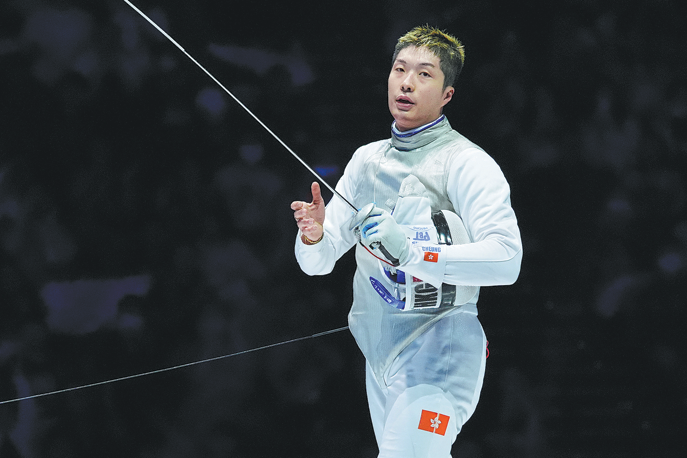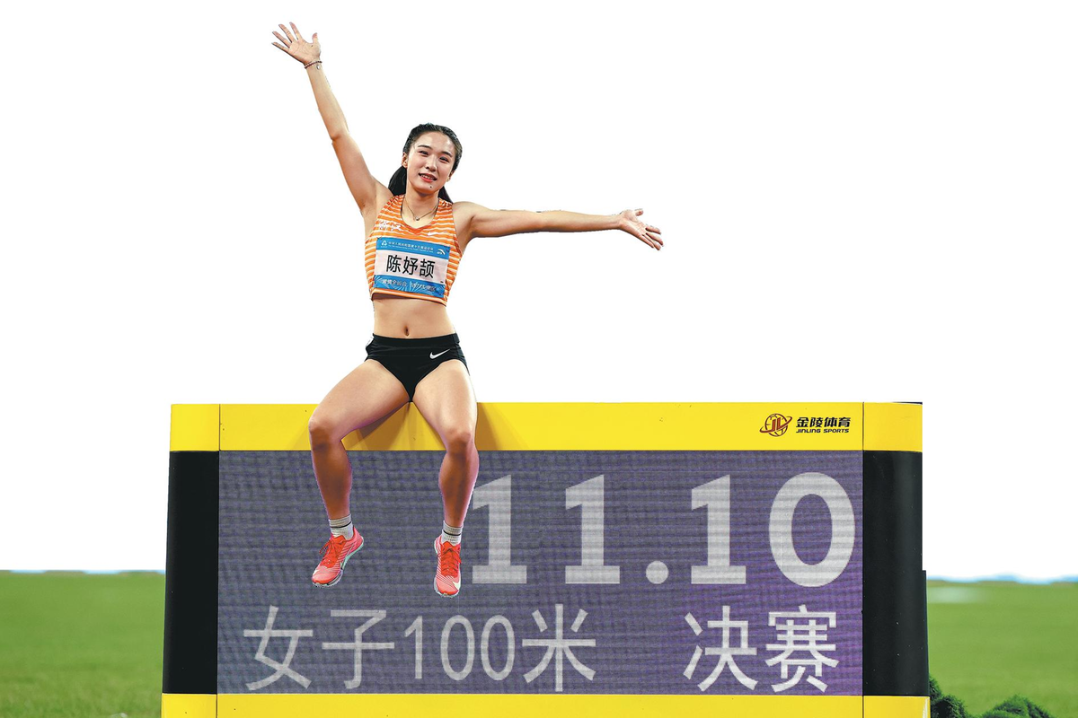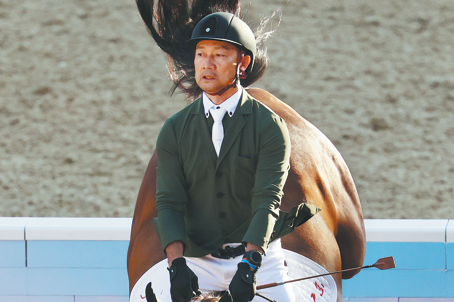Cheers should follow the stopwatch, not the spotlight


Watching the women's 100m hurdles final at the National Games on Wednesday, I couldn't help but noticed how both the broadcast and commentary were overwhelmingly centered on Wu Yanni - one of the country's top hurdler known as much for being good-looking and confident on track. Even as Wu cleared the final hurdle, the commentator, possibly misled by the camera angle, indicated that Wu, in lane 6, was leading the race, until Liu Jingyang from lane 4 surged ahead in the final meters to finish first.
So, who is Liu Jingyang? An online search turned up little. And even the next day, headlines still leaned toward "Wu in tears on the podium." While it's natural for attention to follow athletes with striking personalities and visuals — and Wu's credentials are unquestionable — the sight of Liu, an unsponsored "dark horse" in faded spikes and no makeup on track, seemed to momentarily silence the public narrative.
In the days since the race, I've been reflecting on what unfolded. Here are a few thoughts:
First, Liu Jingyang is no "dark horse"—we just didn't know her story. Any athlete who reaches a national final has endured years of grueling training and even setbacks. Domestic competitions are often more intense than international ones: not every worthy athlete gets a global stage. At 28, with two previous National Games disappointments behind her and fewer resources than her famous rivals, Liu won that gold through pure persistence. Sports stopwatch doesn't play favorites for anyone—results are earned, plain and simple.
Second, there's nothing wrong with athletes gaining visibility. Recognition can bring better training conditions, resources, and fan support—all of which can boost performance. But when popularity starts to skew media focus, when fan debates turn divisive, and when endorsements eclipse competitive achievement, we risk losing sight of what sport is really about. Athletic history, after all, is written in record books and training innovations—not in the footnotes of fan base.
Finally, ours is an era that values openness—yet emotion can still get the better of us. An athlete's career is short; a shot at a quadrennial event like the National Games may represent their entire youth. Whether they succeed or fall short, their raw, emotional responses are valid. As a nation that has hosted both Summer and Winter Olympics and celebrated world-class successes, we've matured. We have athletes who excel not only in performance, but in character. We've grown enough to temper our reactions. When athletes lay their hearts on the track, let's applaud the champions sincerely, and respect every competitor's journey.






























